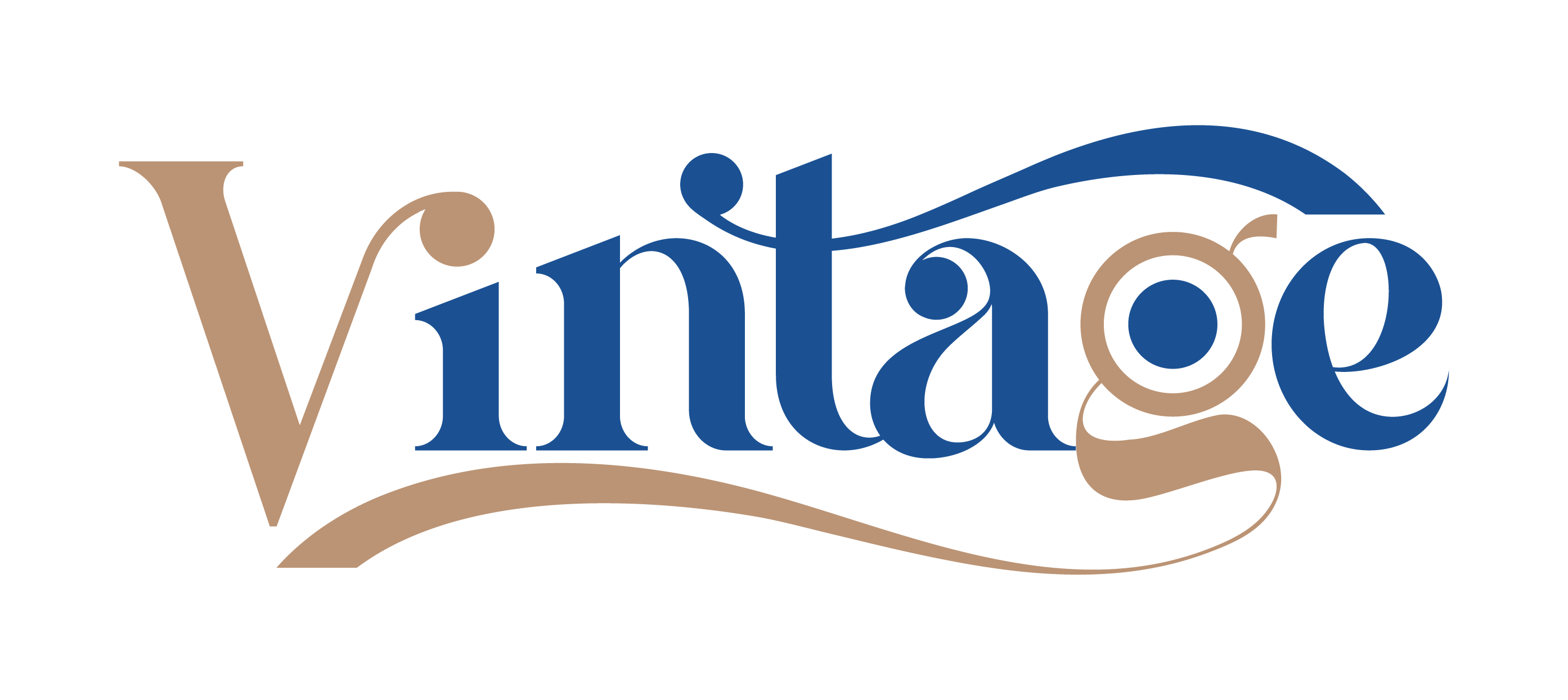The Many Facets of Digital Marketing
Digital marketing encompasses a broad range of strategies aimed at building an online presence, reaching new customers, and enhancing engagement with existing ones. Central to this effort is Search Engine Optimization (SEO), a technique that focuses on improving website visibility on search engine results pages (SERPs). SEO involves keyword research, on-page and off-page optimization, and content creation. The primary goal is to boost organic traffic by ensuring that the website ranks higher for relevant search terms.
In tandem with SEO, Search Engine Marketing (SEM) employs paid advertising to achieve immediate visibility. SEM involves using platforms like Google Ads to place targeted ads that appear at the top of search results. These paid campaigns are designed to complement SEO efforts, offering a quick way to drive traffic and generate leads while long-term organic strategies take effect.
The landscape of digital marketing extends well beyond search engines. Social Media Marketing (SMM) leverages platforms such as Facebook, Instagram, LinkedIn, and Twitter to engage with audiences. Effective SMM involves creating shareable and compelling content, interacting with followers, and utilizing paid social ads to expand reach. Each platform has its unique features and user demographics, making it crucial to tailor strategies for optimal impact.
Content marketing plays a pivotal role in attracting and retaining an audience. High-quality content, whether blog posts, videos, or infographics, provides value to users and establishes the brand as an authority in its field. Quality content is integral to other facets of digital marketing, including SEO and SMM, aiding in the creation of a cohesive and effective strategy.
The role of design cannot be understated in digital marketing. A visually appealing, user-friendly website enhances user experience, encouraging visitors to stay longer and engage more deeply. Effective design combines aesthetics with functionality, ensuring that users can easily navigate and find the information they seek.
For many businesses, particularly small to medium-sized enterprises, WordPress websites remain a top choice due to their flexibility and ease of use. WordPress offers a myriad of themes and plugins, enabling customization and functionality that can grow with the business. Its user-friendly interface makes it accessible even to those with minimal technical expertise, allowing businesses to manage content and updates efficiently.
Integrating Digital Marketing Services for Maximum Impact
Combining various digital marketing services into a cohesive strategy is essential for maximizing the reach, engagement, and performance of online campaigns. One of the primary integrations is between Search Engine Optimization (SEO) and Search Engine Marketing (SEM). While SEO focuses on improving organic search results through keyword optimization, quality content, and backlinks, SEM involves paid strategies to enhance visibility on search engines. By synchronizing SEO and SEM, businesses can dominate search engine results pages (SERPs) and achieve a balanced approach to both organic and paid reach.
Aligning social media efforts with the overall content strategy is another critical component. Effective social media marketing requires a clear understanding of audience preferences and behaviors. When content strategies are aligned with social media, organizations can deliver consistent and relevant messages across all platforms, amplifying their reach and fostering greater engagement. For instance, promoting blog posts or video content through tailored social media posts can drive traffic back to the website and enhance visibility.
Design is also instrumental in the overall effectiveness of digital marketing campaigns. A responsive, well-designed website enhances user experience (UX), which not only retains visitors but also positively impacts SEO. Good design is more than just aesthetics; it involves intuitive navigation, fast loading times, and mobile optimization. These factors ensure that users can access and interact with content seamlessly, thus boosting overall site performance and contributing to higher rankings on search engines.
Using WordPress as a content management system (CMS) facilitates the integration of all these services. WordPress supports a range of plugins and tools for SEO, social media, content creation, and design, allowing businesses to manage their digital marketing efforts from one unified platform. Case studies have shown that businesses using integrated digital marketing strategies on WordPress achieve better results. For example, an e-commerce company might see increased traffic and sales by leveraging SEO, strategically crafted blog content, and coordinated social media marketing, supported by a visually engaging and user-friendly WordPress site.
Efficient integration of digital marketing services results in a well-rounded and impactful online presence, leading to enhanced performance, increased reach, and higher engagement rates.
